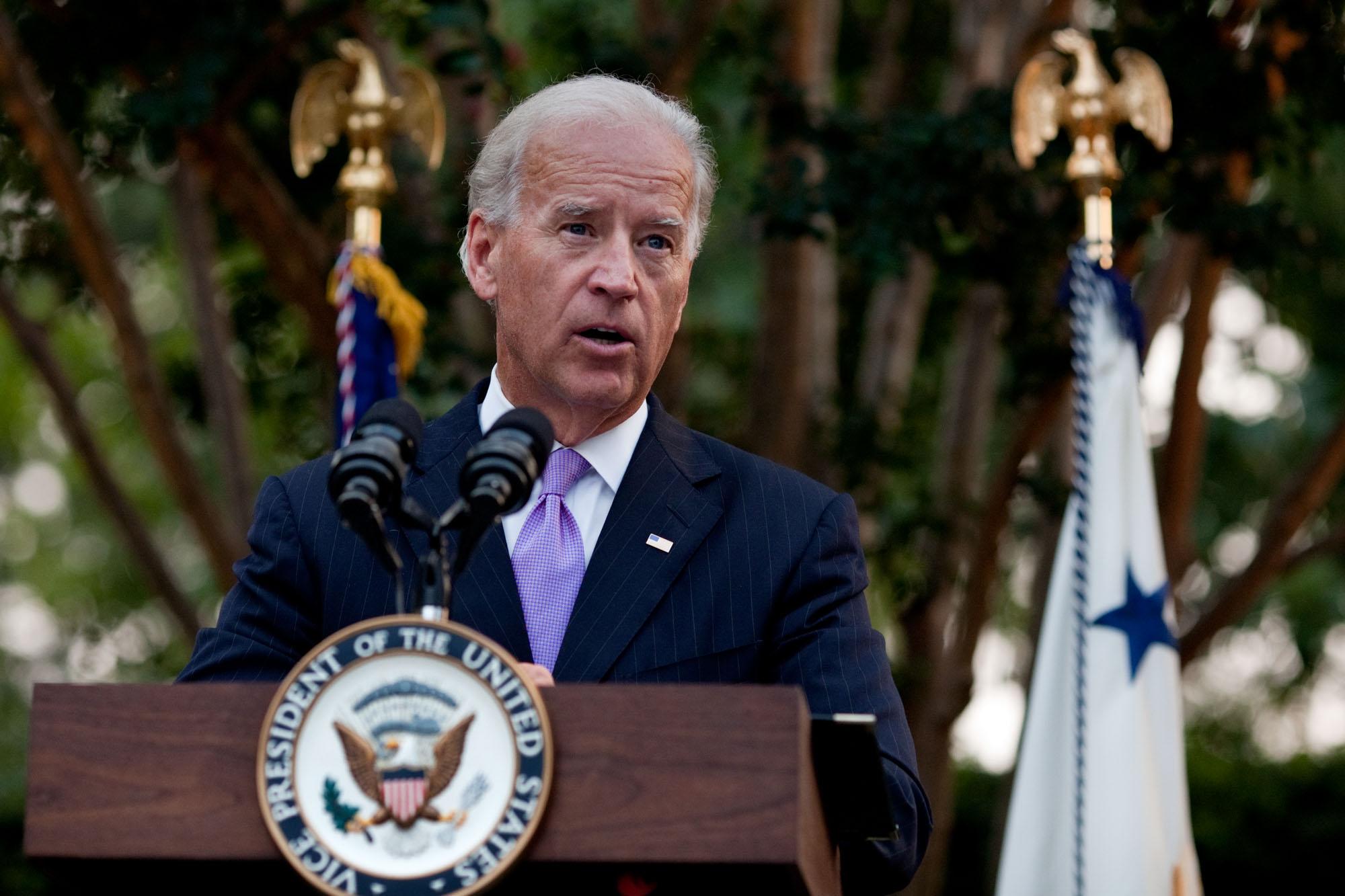Yes!
Justin Sealey
The debate over exactly how much universities should be charging is one that has been repeated on numerous occasions over the last decade. Now, the question turns to which universities actually warrant a student’s £27,000, and while it may be a poisoned chalice, I will argue here that Sussex University is one of the few that genuinely does.
On the surface, it may be hard to believe – we buy our own books and resources, and many courses have 10 hours or less a week of actual teaching time. However, on courses at this university, those hours of teaching time are spent with some of the most prominent academics in their fields.
On courses from International Development to Chemistry, all departments contain emergent scholars, with courses such as English Literature being taught by published poets and authors. By working with such academics, students have an invaluable opportunity to not only learn but to make important connections.
In charging £9000 a year, Sussex can afford to attract highly influential academics and also provide facilities of a high standard for them to work in.
One glance around Sussex campus brings home the level of investment the university has made in such facilities, for both the teachers and the thousands of students that choose Sussex for their degree.
In spite of the fact that the University’s budget has now been tightened overall (yes- the £9,000 a year fees still do not bring in enough money to equal the funding Sussex once received) there has been constant modernisation and numerous building improvements on campus.
This gives students access to an enormous physical and electronic library, free access to scholarly articles from hundreds of publications and access to Wi-Fi across campus. The new buildings, Fulton and Jubilee, offer state-of-the-art lecture theatres and seminar rooms.
Our money is not simply being squandered on a plethora of dingy Union nightclubs and campus kebab shops – it is being used to provide superior quality facilities and a high level of teaching which has consistently placed Sussex in and around the top 20 universities in the country.
However, this is not the Sussex prospectus. When choosing to go to university in a time of such austerity, with doubts about graduate employment being constantly bandied around in newspapers, the decision to spend £27,000 is not one that should be taken merely on the basis of what I have mentioned. These are the basic requirements for an institution charging maximum fees.
Still, Sussex does a great deal more – the money students will be paying makes facilities accessible which allow students with enough drive and ambition to genuinely achieve something with their time at university.
The careers centre, providing help and advice to students looking for everything from part-time work to graduate employment, is just the beginning.
The Students’ Union is one of the most active in the country: using University money it provides students with the means to join and set up any society or club they want, both of which are prime CV material. Furthermore, the Sussex SU is extremely active in the running of the University, and actions taken by the Union protect students from any scandalous mismanagement or exploitative practices that could potentially occur. The Union ensures you receive a fair deal for your money.
But what is Sussex doing now to really justify trebling its fees? It is all very well citing the wonderful things that have already happened – indeed, these things are there to be enjoyed and taken advantage of by students for years to come.
While I have already pointed out that the University budget is actually diminished due to government cuts, this is neither here nor there to the out-of-pocket student or in fact the secondary school pupil who is deciding on whether University is really an option for them.
The Widening Participation scheme is one way Sussex is trying to ensure those “first generation scholars” (children who would be the first in their family to attend university) are not put off by media hype and uninformed corner-shop chatter.
Being personally involved in the scheme, which amongst other things pays Sussex students to go into in local secondary schools to both tutor GCSE classes and inform pupils about university, it is clear to me that at Sussex there are active steps being taken to avoid the higher fees alienating potential first generation scholars.
It is easy to feel frustrated and angry when you think of the debt that your degree is racking up, but by simply taking a moment to consider all the things that Sussex University provides its students, from teaching to facilities to leisure, it is even easier to feel smug that your £9000 a year is going to an institution that uses your money to give you the best opportunity to succeed.

No!
Kim Nelson
As we all know, the Coalition’s decision to increase tuition fees, which has allowed universities to charge students up to £9,000 a year, has been met with a huge wave of controversy from opposing political parties, the media and students, who worry about a future clouded by seemingly unmanageable amounts of debt.
Now Sussex University has jumped on the bandwagon, becoming one of the 70 universities to charge this maximum fee.
Speaking as a second-year student, reflections on my year at Sussex are mostly positive. The social life of campus was always bustling, the lectures always interesting, and the content of the course certainly met my expectations.
But putting myself into the shoes of first-year students, nervously heading into the unfamiliar world of campus life, could I really bring myself to commit to paying £9,000 per annum in exchange for three years at university? It’s a simple equation with an even simpler answer: absolutely not!
Drawing upon my own memories of last year living in the chaotic establishment that is Norwich House, one of my main conclusions would be that university life is costly!
Whether you’re a hardcore-partygoer hitting the streets of Brighton every night or a more reclusive character, happy to spend hours in the comfort of the library, living cheaply will always be a struggle. Whatever student stereotype you choose to fill, you will find that daily life, both on and off campus, will succeed in gradually bleeding your wallet dry.
Lets look at life after university. Students, in fact young people in general, are always being told, whether it be from worried family members or the scaremongering media that “the world just isn’t what it used to be”.
Jobs are scarce; competition is high and coming out with a standard 2:1 in economics or geography or whatever you choose to do, is simply not enough. I am not trying be a pessimist, as a student myself dismissing university as a waste of time is far from the point I am trying to make. Yet it does raise questions about whether Sussex University should become a more vocationally orientated institution.
Now that students are being charged such an astronomical amount for their three years of education, shouldn’t the university have a responsibility towards guaranteeing that graduates will be able to repay their debts once they are thrown into the alien world of job-hunting and money-making?
I reiterate the point: in the dire situation that the job market is in, surely Sussex’s vocational responsibilities to their students are more important than ever before.
Yet what does the Sussex actually do to ensure that students leave university feeling confident that they will start life as an ‘adult’ with the adequate qualifications and experience to pay off their debts (which could amount to around £84,000 if studying medicine!) and hopefully fulfill whatever aspirations they have.
It’s all very well boasting a ranking of 11th in the UK – and to be fair the ranking is well deserved – but Sussex university fails to provide enough opportunities for students to gain experience alongside their course, which I feel nowadays should be one of the University’s main priorities.
Furthermore, although the University offers placements, part-time jobs, study-years abroad and internships to its students, I strongly believe that these things should not just be ‘offered’ but actively encouraged.
Teaching quality is one thing at Sussex that I have never had a problem with. The majority of the lecturers are always passionate about what they are teaching and as a student it is great knowing that all your lectures are taught by academics who are at the top of their field.
Yet you would expect this. In fact if you’re dishing out 9 grand a year you would hope that the quality of your course is nothing less than exceptional! My main misgiving with my course and probably many of the other courses at Sussex (from the little bit of research I have conducted) is the lack of weekly teaching hours.
I apologise for the vagueness of my statistical research, but from what I found out many of the courses amount to a measly 8 hours a week! Combined with the significant increase in tuition fees this year, this means that first year students might find themselves paying around £50 per lecture!
Although this may change your mind next time you decide to miss tomorrow morning’s lecture in exchange for, what I’m sure is, an extremely well-deserved lie-in, it also gives you serious food for thought. As I said before, for nearly 50 quid a lecture you would expect the course to be near faultless.
Perhaps I am being too pedantic in my criticism but for £9,000 a year, wouldn’t you be as well?



